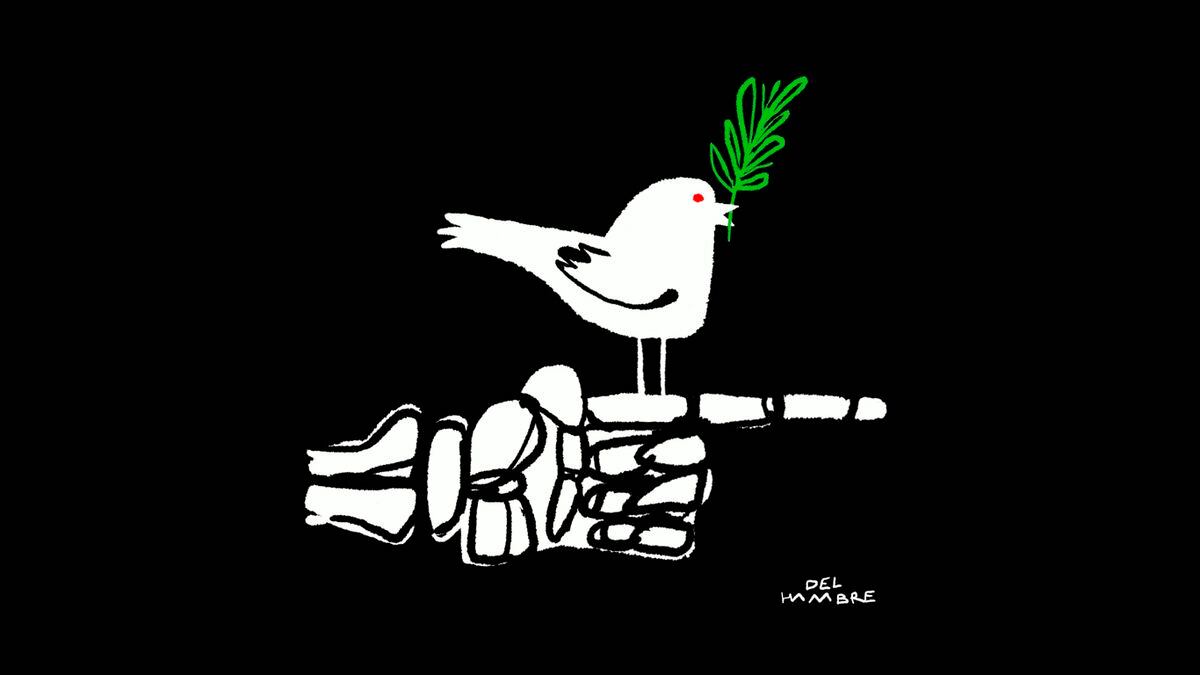We accept our vulnerability when we are hurt. The pain caused by others forces us to accept our interdependence and "no act of sovereignty, no matter how violent, can free us from this fact." This is what Judith Butler says in Precarious Life, a book she published after 11/<>, and it came to my mind when I read these turbulent days another thinker also of Jewish origin, Eva Illouz, who tried to explain a very similar emotion: the feeling of unbearable vulnerability after Hamas' monstrous terrorist offensive. Israel's self-image has been shattered by terrorism capable of breaching the hyper-sophisticated wall built to provide security to its population. But the wall, in reality, is also part of another self-serving political narrative: that the conflict could be managed with the low-intensity suspended violence that the wall itself feeds, without it having been internationally recognized as a sovereign border. Rather, what is being claimed is that the wall is itself a de facto recognition of a state of emergency that suspends law, right, legitimacy and responsibility.
Butler speaks of the "enormous narcissistic wound opened by the public exposure of our physical vulnerability," and wonders, like Illouz, how to cope with grief. The narcissistic temptation placed the zero point of events in the collapse of the twin towers, as may now happen with the ferocious attack by Hamas. And he added: "The fact that events cannot be understood without their history does not mean that historical analysis serves as a moral justification." Getting out of this endless first-person narrative is necessary to understand the global framework of what happened and to be able to build a global response that cushions vengeful unilateralism. But the humiliation of an immense wound prevents Israel from understanding its interdependence and from thinking about its response by working with other nations, within the international institutional consensus, something that the EU does not seem to want to insist on either.
Another narcissistic manifestation is how we translate the repercussions of such a conflict into our public opinions. Let's rekindle the culture war rhetoric with which we feed the straw dolls we've built from our opinion columns. Operating in the public debate as if we were a polarizing algorithm, instead of exercising an intermediation from the general interest, does not distance us much from the politicians we criticize so much. On the left, there are those who unhesitatingly confuse the Palestinian cause with the justification of terrorism, as Macron insinuated yesterday to Mélenchon without naming him, asking "not to add national fractures to international ones". We must be able to strongly condemn what happened, but also be prepared to ask ourselves how we got here. More than 20 years ago, Butler proposed an intellectual field with more responsible and complex distinctions, and claimed the wound as "an opportunity to reflect on it, to realize who is a victim of permeable borders, unexpected violence, dispossession and fear, and in what way." An opportunity, in short, to get out of our eternal and warlike narcissism.
Subscribe to continue reading
Read without limits
Read more
I'm already a subscriber

